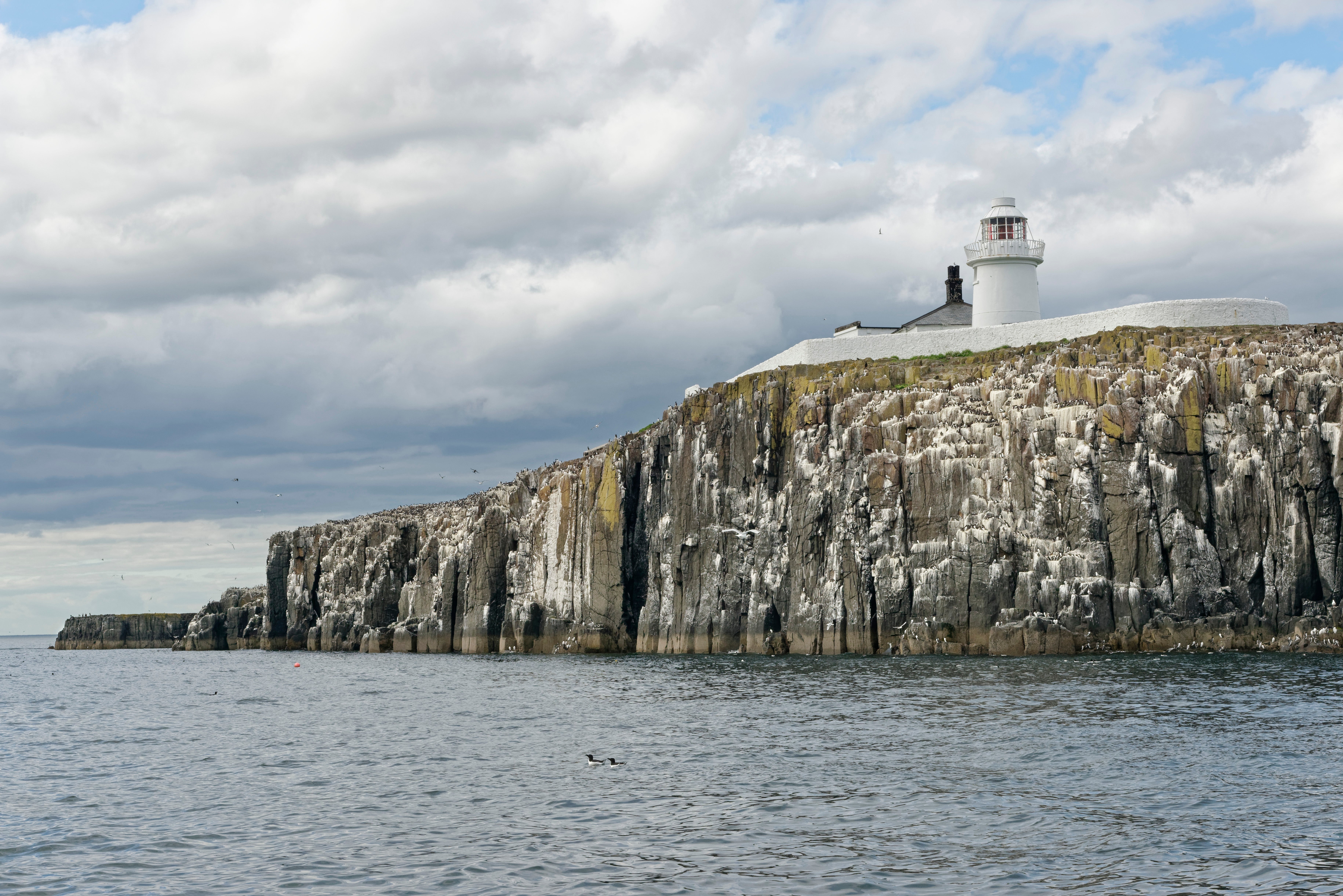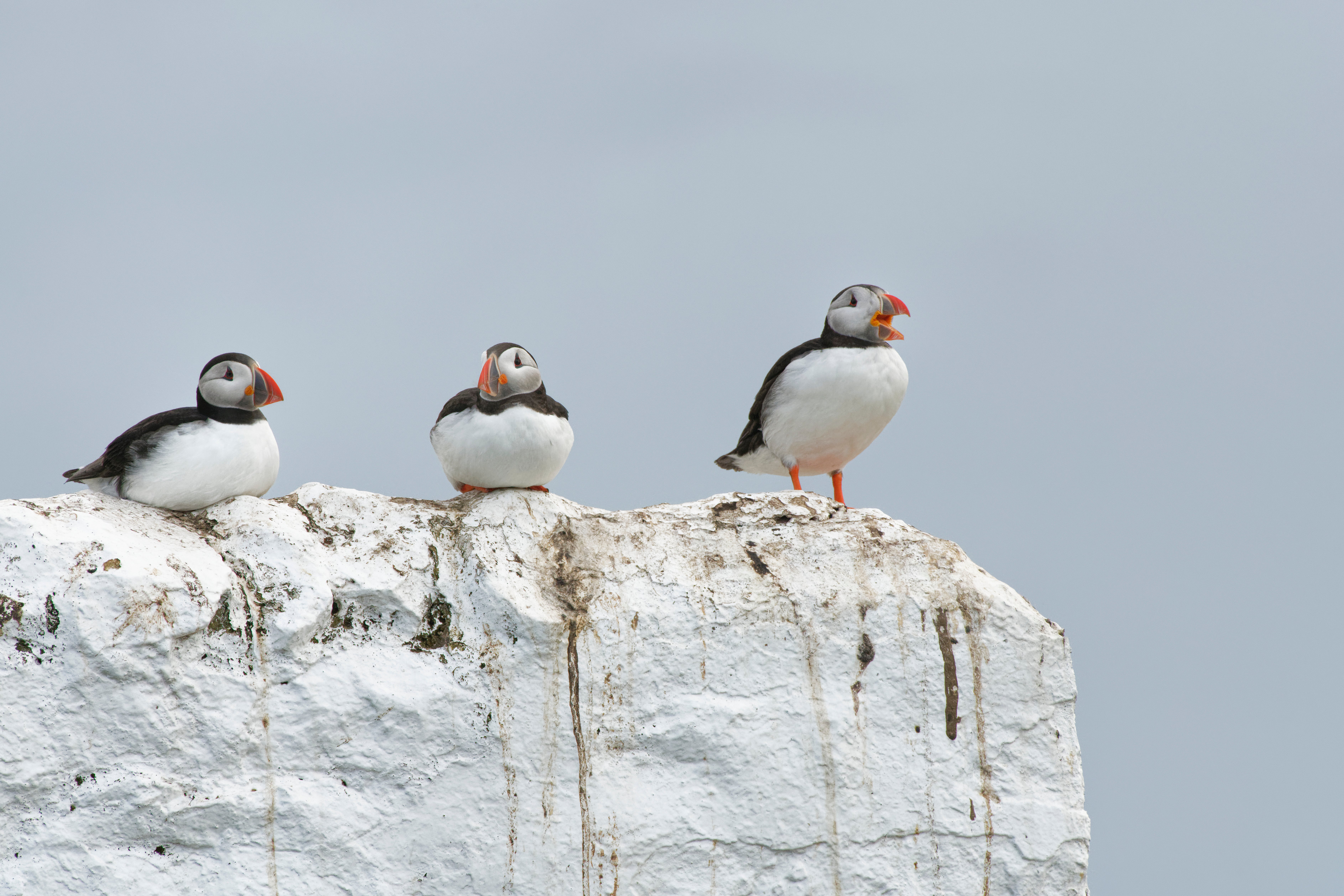National Trust island off English coast to reopen to tourists two years after closing
Inner Farne’s huge bird colony was badly hit by an outbreak of bird flu two years ago - but will now reopen to the public

Your support helps us to tell the story
From reproductive rights to climate change to Big Tech, The Independent is on the ground when the story is developing. Whether it's investigating the financials of Elon Musk's pro-Trump PAC or producing our latest documentary, 'The A Word', which shines a light on the American women fighting for reproductive rights, we know how important it is to parse out the facts from the messaging.
At such a critical moment in US history, we need reporters on the ground. Your donation allows us to keep sending journalists to speak to both sides of the story.
The Independent is trusted by Americans across the entire political spectrum. And unlike many other quality news outlets, we choose not to lock Americans out of our reporting and analysis with paywalls. We believe quality journalism should be available to everyone, paid for by those who can afford it.
Your support makes all the difference.An island off the north east coast of England, home to around 200,000 seabirds, is to reopen to tourists in the spring after closing two years ago.
The Farne Islands, off the Northumberland coast, are an internationally important habitat for 23 species including puffins, Arctic terns, guillemots and razorbills.
They are also popular with tourists with birds returning to the island to breed at the end of March each year before departing at the end of the summer.
However, two years ago the National Trust stopped boats of visitors landing on the islands after an outbreak of bird flu, with rangers collecting more than 6,000 dead birds.
But now, with the number of birds infected appearing to have gone down, the trust is reopening one of the islands - Inner Farne - to visitors from 25 March.

The island has no permanent population, but rangers from its owner National Trust are based there for nine months of the year. It was once a monastic cell of Benedictine monks before King Henry VIII’s dissolution of monasteries.
Sophia Jackson, area ranger for the National Trust said: “We have been closely monitoring the impact of the disease on our breeding populations as part of international research into bird flu.
“This has shown that the disease has had devasting impacts on some species and at some UK sites making our conservation efforts all the more important.
“Like at other sites, it seems that the disease has declined in our birds, although we will continue to closely monitor them as the breeding season starts again.”
She added that the trust would continue to work with groups like the British Trust for Ornithology and Royal Society for the Protection of Birds to restrict the impact of the disease on the birds.
In December, The Wildlife Trusts said the virus, which emerged from a Chinese poultry farm in the 1990s, had had a devastating impact on UK seabirds last year.
Boat companies take visitors from Seahorses Harbour near Holy Island and Berwick-upon-Tweed to the island. Visitors get an “unparalleled close-up views of the incredible wildlife that inhabits the islands”, says the National Trust.
Laura Knowles, visitor operations and experience manager for the National Trust said: “We can’t wait to welcome visitors and to share the wonderful wildlife of the island up close once again.”
The news has been welcomed by boat tour operators. Andrew Douglas, of Serenity Farne Island Boat Tours, told Chronicle Live: “I’m relieved, it’s just a massive weight off your shoulders, and it’s something less to worry about.
“And it’s not just me, it’s the B&Bs, the hotels, it’s the shops, it’s everything. When people aren’t coming in as much, it has a massive knock-on effect.”
Join our commenting forum
Join thought-provoking conversations, follow other Independent readers and see their replies
Comments